On 23 March 2022 in the Spring Statement 2022, the government announced an increase in National Insurance thresholds affecting the 2022 to 2023 tax year.
This change took effect on 6 July 2022, meaning employees will pay National Insurance contributions on less of their income. The Government estimates that two million people will pay no NI at all and 30 million will see a decrease in their contributions. However, this should be considered alongside the increase of 1.25 per cent to the rate of NI which came into effect on 6 April 2022.
The Primary threshold from 6 July 2022 to 5 April 2023 will be £242 per week and £1,048 per month, equivalent to £12,570 per year (increased from £9,880 per year). You can find more details here.
The National Insurance lower profits limit for self-employed people is also increasing in line with the changes for employees.
The annual lower profits limit will be set to £11,908 for 2022 to 2023. This is equivalent to 13 weeks of the threshold at £9,880 and 39 weeks at £12,570, mirroring the position for employees.
Self-employed people will also no longer be required to pay Class 2 National Insurance contributions on profits between the Small Profits threshold (£6,725) and Lower Profits limit (£11,908), but still be able to build National Insurance credits.
HMRC plan to publish further information on the changes for self-employed people in the due course.

